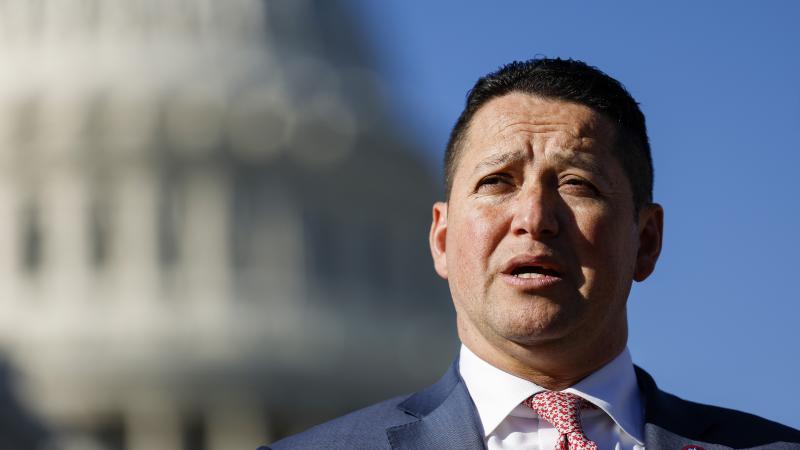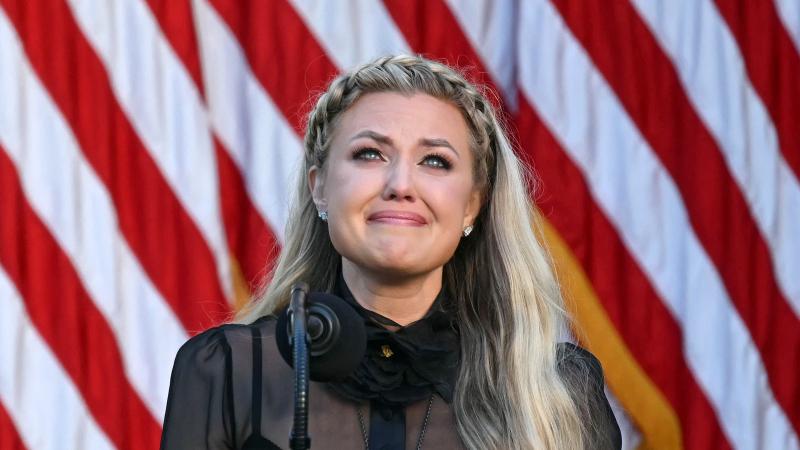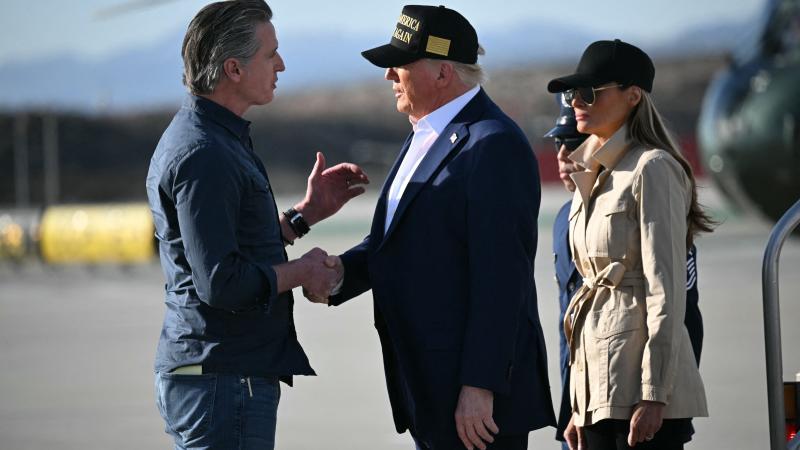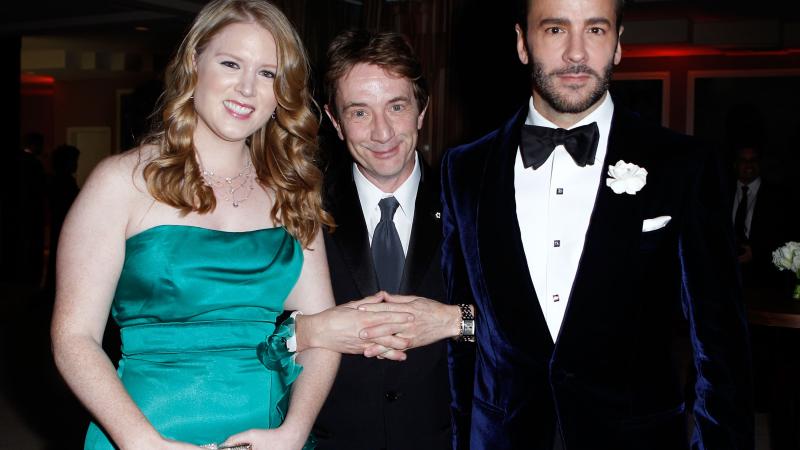On eve of Biden Title IX rules, appeals court suspects anti-male bias resulting from Obama rules
Judge Jose Cabranes likened the "growing 'law' of university disciplinary procedures, often promulgated in response to the regulatory diktats of government," to "the infamous English Star Chamber."
As the Biden administration prepares to return to the Obama administration's pro-accuser approach to campus sexual misconduct, a federal appeals court has questioned many of the practices likely to reemerge in forthcoming proposed regulations.
Mukund Vengalattore has a "private right of action" as an employee under Title IX to pursue sex discrimination claims against Cornell University for the "irregular" investigation of his former graduate assistant's allegations, the 2nd U.S. Circuit Court of Appeals ruled Thursday, remanding both Title IX and defamation claims for further proceedings.
While a state appellate court said the allegations had not "improperly influenced" Cornell's rejection of tenure for the physics professor, whose term ended in 2018, Vengalattore argued in federal court that Cornell's "knowing communication of false findings that he had a sexual relationship with a student and lied about it" had kept him from getting hired elsewhere.
The case was unusual because Vengalattore and grad student Yogesh Patil, both from India, alleged his accuser and a tenure review committee member made stereotypical comments about Indians in his lab. Cornell withheld Patil's doctorate and threatened to expel him after he created a website defending his professor, though he's now a postdoc at Yale.
Judge Jose Cabranes, who has spoken freely of his concerns about rising illiberalism on campus, wrote a concurrence warning that the "growing 'law' of university disciplinary procedures, often promulgated in response to the regulatory diktats of government," had produced procedures comparable to "the infamous English Star Chamber."
Vengalattore's accuser had confided in another professor in 2013 that she would make it "hard" for him to get tenure, according to the court's summary.
Early in his tenure review, she claimed without effect that he "angrily" threw an object at her. Two days after the review committee recommended tenure, she accused Vengalattore of rape followed by a consensual relationship in 2010 and 2011.
Investigators didn't mention the rape claim until hours into his interrogation and then refused to stop when he asked for counsel. They also refused to share the specific date of the rape beyond the month. He denied both claims and was ultimately found responsible for the relationship.
Noting the case resembles others it has decided, the three-judge panel found Cornell used "fundamentally skewed" procedures in the investigation, first ignoring the "explicit time limits" for making sexual misconduct claims, then moving it to the wrong office to get around those restrictions, but correctly following procedures "that lessened protections for the person accused."
Investigators ignored 10 Vengalattore witnesses — including one who gave the tenure appeal committee "first-hand evidence" the accuser had "both proclaimed and exhibited bias against men" — and "declined to explore" the accuser's statements about contemporaneous relationships with other men.
The panel was also baffled by the investigators' conclusion that "lack of evidence ... actually supported" the accuser's claims of a sexual relationship because "secretive relationships" between faculty and students can stay secret.
Vengalattore's claims are even stronger in light of President Obama's Title IX guidance, which warned that schools could lose federal funding for not preventing "unwelcome sexual advances" by faculty toward students, and Cornell's inclusion on the Department of Education's list of schools "suspected" of lacking adequate procedures.
Title IX lawyers told Just the News they didn't expect the ruling to affect the pending regulations, however.
The ruling concerns "what legal causes of action are available in court," Warshaw Burstein's Kimberly Lau said. The bigger effect is creating a split with the 5th Circuit by applying Title IX to faculty.
Even so, the decision's language is "strong in part for due process in university disciplinary proceedings and references the requirement for 'fairness' and 'due process' specifically," Nesenoff and Miltenberg's Marybeth Sydor said.
The New Civil Liberties Alliance, which represents the professor, thanked the court for giving him "the opportunity to expose the extreme lack of due process he suffered at Cornell's hands."
















